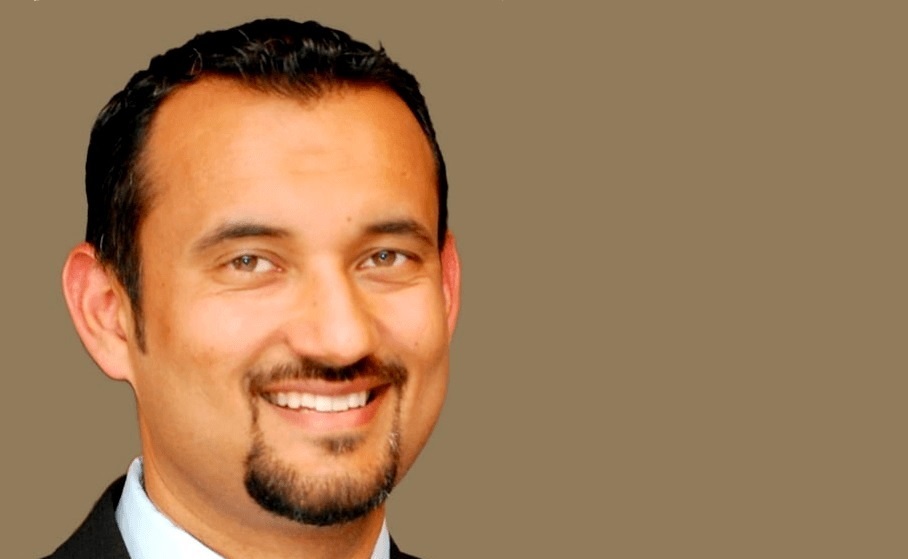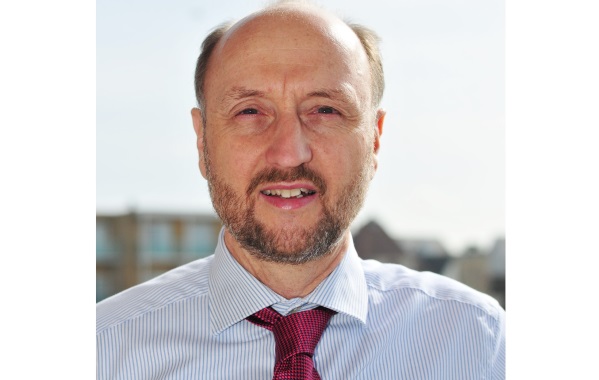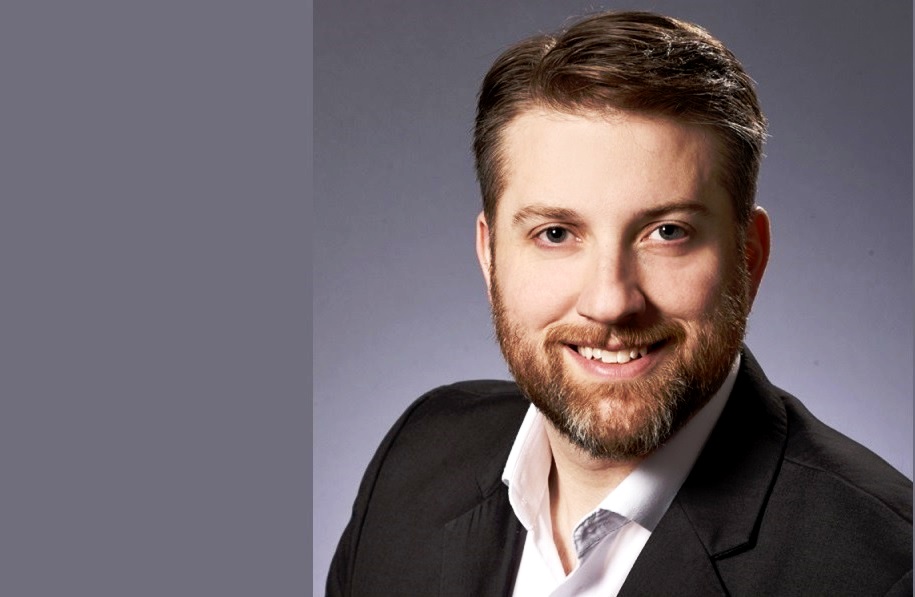Women in aerospace

As a woman who has been in the aerospace industry all her life, I find the current focus on how we can increase engagement a perplexing question. Is the challenge the technology itself, the working environment, the exposure and support from family and friends? Looking back at my 30-year journey with the RAF, at what led me to join, what challenged me to move and what drove me to continue to evolve my career, I would say it is a complex issue with many factors.
 I joined the RAF as a Logistics Officer in 1989 and have been in the aerospace sector ever since. What was at first a surprise to my family was for me a natural progression - my father was in the RAF and I was exposed to military life from an early age. My childhood was spent visiting aircraft museums and air shows and from the onset the environment felt quite natural. This early behind the scenes experience gave me a genuine interest in how the RAF worked and insight into all the different jobs people did.
I joined the RAF as a Logistics Officer in 1989 and have been in the aerospace sector ever since. What was at first a surprise to my family was for me a natural progression - my father was in the RAF and I was exposed to military life from an early age. My childhood was spent visiting aircraft museums and air shows and from the onset the environment felt quite natural. This early behind the scenes experience gave me a genuine interest in how the RAF worked and insight into all the different jobs people did.
When I first joined, women were still not allowed to fly and so I began my career in logistics which allowed me to develop my capabilities as a manager, a leader and a subject matter expert. During what was an incredible rewarding start to my career I chose to get married and had two children and consequently left the organisation to get some control over my work/life balance.
After leaving the RAF, my work took me to Australia and the Netherlands before returning to the UK and working for Boeing Defence UK. I worked on the Chinook Support Programme where I continued to use my experience and to develop my skills with commercial best practise and different organisational culture.
At the time there was very little opportunity to move internally within Boeing without a major disruption to my family and I was fortunate to find a programme management job with Thales in the UK where I worked on product development and the installation of military communications on the Voyager aircraft for the UK RAF. During my time at Thales I have been able to focus on a wide variety of projects within the flight avionics business – from programme management, sales and marketing, to strategy – which has enabled me to manage my work/life balance and career development in a positive manner.
Some of the more significant shifts I have noted over time could be attributed to a shift in broader society. I have seen a greater acceptance of flexible working, the introduction of paternity leave for male colleagues and the recognition of family-friendly policies as good for businesses. Businesses have no choice but to evolve policies to increase diversity in the workplace, something that is now essential to attract and retain the best talent over time.
Further support by active senior management engagement is paramount to drive change and I was very proud to see the articles written by the Thales CEO Patrice Caine for International Women’s Day where he stated: “I do recognise that the road to greater gender equality is going to be long and arduous, because cultural and psychological barriers still need to be broken down.
"We men cannot simply be bystanders in this movement, because what’s taking place is a deep-seated cultural evolution. And given the high representativity of men in senior management, it’s our duty to play an active part in this movement."
“Gender equality in the company isn’t a struggle exclusively by women for women. Men need to become powerful agents of change in a movement that promises to deliver real benefits for all employees, male and female, on an individual level and for the company and society at large. Now is the time.”
In the UK, Thales has signed up to the Women in Aerospace Charter and has been active in implementing a strategy to address the historical pay gap between women and men, as we seek to encourage diversity across the workplace. As I see these initiatives as steps to building greater diversity, it is still essential for everyone in this digital workplace to develop and adapt their own skills. In particular, the ability to network in both the real and virtual world with so much interaction occurring remotely, the drive for Smart working, the need for self-awareness and the ability for continuous learning are all necessary in the modern world. The introduction of family friendly policies and flexibility in the working environment are all there to engage with the work force.
Women are becoming more comfortable in the new working environment with a focus on a good work life balance and well-being but will still need to see the role models and have the active support to fulfil their potential. A diverse workforce brings a huge benefit to business and should be seen as the norm. There will continue to be a conflict in achieving the perfect work life balance but the drive by industry to attract and retain the best skilled workforce across the full spectrum of diversity will allow the working environment to develop and allow all employees to contribute.










